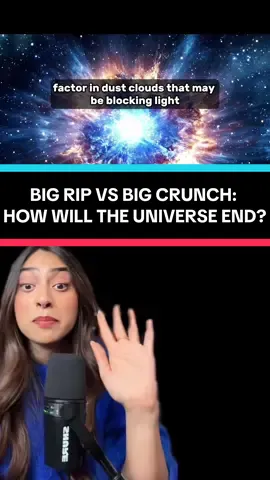Alexander
Region: US
Monday 18 August 2025 22:52:44 GMT
950
98
1
1
Music
Download
Comments
s.shufelt :
What was your process of finding a phallo doctor? I want get bottom surgery in the future
2025-08-18 23:00:09
0
To see more videos from user @malex128, please go to the Tikwm
homepage.





